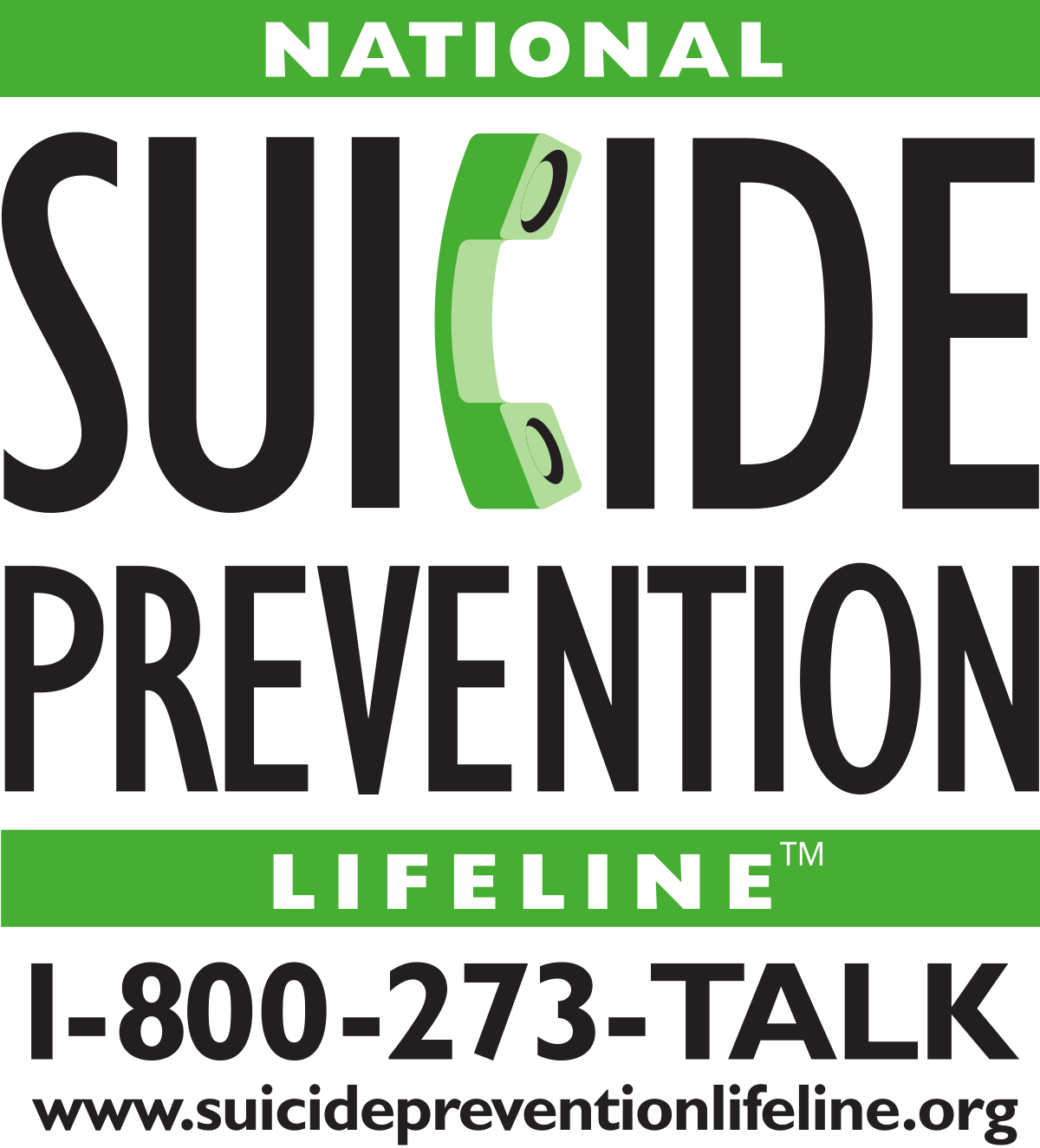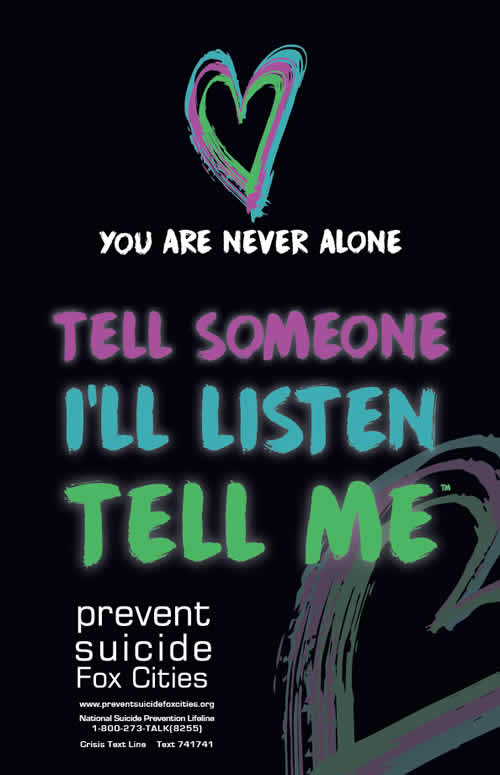24/7 Free and Confidential Lifeline
988 Suicide & Crisis Lifeline - 24/7 Text, Talk, Chat
Blog
Parental Strategies to Make Social Media a Safe, Enriching Resource for Children
Feb 21, 2019
According to the American Academy of Pediatrics, social media is the primary way a large percentage of teens and tweens in the United States socialize. The vast majorities of teens and tweens have mobile devices and use them multiple times throughout the day to access different social media sites, particularly:
- Snapchat
As a result of the close connection many teens have with social media in this day and age, parents need to understand the benefits as well as risks and dangers associated with social media. Parents of young people in these age groups need to understand what role they need to play in regard to their children’s social media activities to ensure that they are kept safe.
Most Prevalent Social Media Risks and Hazards
There are a multitude of potential risks associated with social media. Having said that, there are six social media dangers that rank as the most prevalent when it comes to teens and tweens. These are:
- Bullying and Social Media
- Online Predators and Social Media
- Social Media and Negative Impact on Academics
- Social Media and Negative Impact on Physical Health
- Social Media and Negative Impact on Emotional and Mental Health
- Teen and Tween Suicide and Social Media
In considering these primary hazards associated with social media in the lives of teens and tweens, you need to keep in mind that these hazards are interrelated. A teen or tween could be exposed to and at risk from more than one of these social media hazards at any given point in time.
Bullying and Social Media
One of the most significant hazards that parents need to be vigilant about when it comes to teens and tweens on social media is bullying. Parents have a two-fold task at hand when it comes to bullying involving their children via social media. First, parents need to be cognizant of situations in which their children are victims of bullying via social media. Second, parents also need to be aware if their children are themselves bullying others through social media.
As mentioned previously, the different hazards that can arise from the use of social media by teens and tweens can be interrelated. This is never more clearly the case as when bullying is an issue.
A teen or tween who is being bullied on social media is likely to experience a growing number of other issues. These include:
- Negative Impact on Academics
- Negative Impact on Physical Health
- Negative Impact on Emotional and Mental Health
Most significantly, a teen or tween victimized by a bully via social media is at risk for suicidal ideations. The sad reality is that with shocking regularity young people attempt to take their lives, and sometimes succeed at doing so, because they have been bullied persistently on social media.
Online Predators and Social Media
Another of the more significant social media hazards potentially facing teens, tweens, and their parents is that involving online predators. This specifically includes online sexual predators that dangerously lurk on social media. Indeed, this illicit online presence sometimes translates into real world interaction between a minor and an adult predator.
Social Media and Negative Impact on Academics
Social media analysts maintain that a majority of teens and tweens access social media approximately 10 times each day using mobile devices. This doesn’t count the instances in which they log into social media platforms using personal or desktop computers. Keep in mind that these minors will end up staying on a social media platform for what can amount to an extended period of time on each visit.
The net impact of all of this is that because of the amount of time teens and tweens spend on social media, their grades and academic progress can be impacted negatively. The reality is that social media can seriously imperil a young person’s academic performance if it is not kept at a moderate level.
Social Media and Negative Impact on Physical Health
On related note, as mentioned previously, social media has become the primary vehicle through which teens and tweens socialize with one another. It’s become something of a cliché, but minors truly don’t “play outside” with one another as much as they did a generation ago. In other words, their commitment to social media has limited the amount of time teens and tweens engage in healthy physical activity. This reality can be harmful to the health of young people, a fact that parents must understand.
Social Media and Negative Impact on Emotional and Mental Health
Similarly, excessive use of social media can also negatively impact a young person’s emotional wellbeing and mental health. Bullying via social media can negatively impact a teen or tween’s emotional wellbeing and mental health as was discussed previously.
Social media can also negatively impact emotional and mental health because it can isolate a person from direct interaction with peers and others. Even though people on social media interact digitally, it is not the same as in-person connections. People emotionally and mentally thrive when they have healthy, regular in-person interactions.
Teen and Tween Suicide and Social Media
Social media has been connected with an array of negative issues, including depression, anxiety, and suicidal ideation. The suicide rate among teens and tweens is approximately 13 percent annually. For every suicide death, approximately 10 teens and tweens attempt to take their own lives.
Time and again, social media is somehow underlying an attempted suicide or a teen or tween actually taking his or her life. Because of this reality, parents must be proactive in reaching out to their children when it comes to talking about suicidal ideations.
What a Parent Must do to be Proactive in Keeping Children Safe on Social Media
In addition to what has been discussed thus far, there are some other strategies and steps parents need to consider seriously taking to keep children safe on social media. These include:
- Self-Education on Social Media
- Develop a Family Online Use Plan
- Maintain Open Lines of Communication
Self-Education Social Media and Popular Platforms
When it comes to what a parent must do in order to proactively keep children as safe as possible on social media, a key fundamental parental step is self-education. Rarely do parents have the same level of understanding of the ins and outs, benefits and hazards of social media as do their children – or as do individuals that may desire to cause others harm via social media platforms. Thus, an initial, vital step parents must take when it comes to keeping their children safe when using social media is comprehensively educating themselves on social media.
Because of the importance of self-education, parents now have resources available. There are seminars and learning opportunities that assist parents in learning what they need to know about social media in order to protect the welfare of their children. For example, community colleges oftentimes offer educational opportunities for parents interested in learning more about the dynamics of social media platforms and how these venues can impact the lives of their children.
Develop a Family Online Use Plan
Many parents take the step of establishing rules and guidelines for how their children access and utilize social media. While that tactic can at least be an attempt to establish boundaries, a better option is to develop a family online use plan. In other words, rather then dictate a set of rules for the children, this brings the whole family together in the development of a comprehensive family online use plan.
By taking this route, children feel a sense of ownership in how and when social media can be accessed. It also tends to firm up open lines of communication between parents and children.
Maintain Open and Nonjudgmental Lines of Communication
As has been alluded to throughout this article, open lines of communication are fundamental to keeping children safe online, including when accessing social media. Parents need to make sure that children are comfortable reaching out to their parents with questions and concerns about social media and issues associated with their online activities.
Ultimately, committed parents who strive to stay connected with their children are able to better ensure the safe, enjoyable, and beneficial use of all internet resources, including social media. In the end, social media can become a mechanism to enrich, rather than hamper or even harm, the lives of their children.
Back to Blog Main Page




